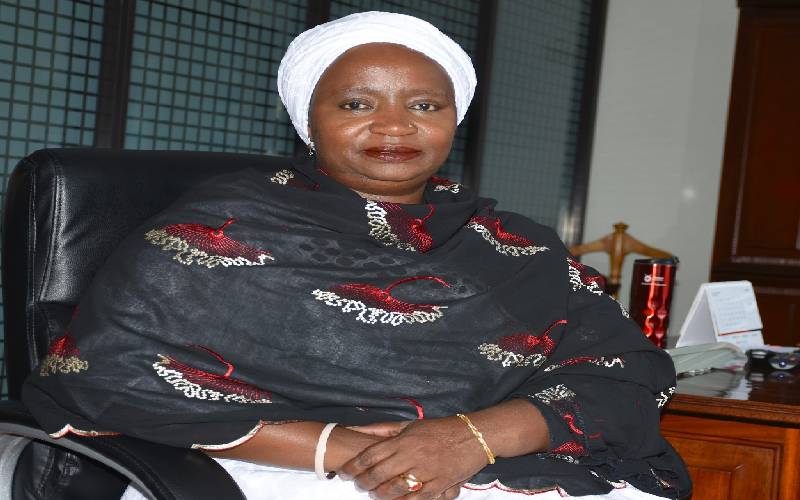
Dr Asha Mohammed, Secretary General, Kenya Red Cross
This year’s World Humanitarian Day celebrated on August 19th is marked amidst an unprecedented humanitarian crisis as the world grapples with the Covid-19 pandemic. However, as the world was bracing for the possible spread of the virus beyond its origins in Wuhan, China, in Kenya, desert locusts were sweeping through swatches of pastureland and cropland in what experts say is the worst invasion in 70 years, while over 33 counties were experiencing effects of heavy flooding occasioned by higher than normal October- November-December 2019 rains.